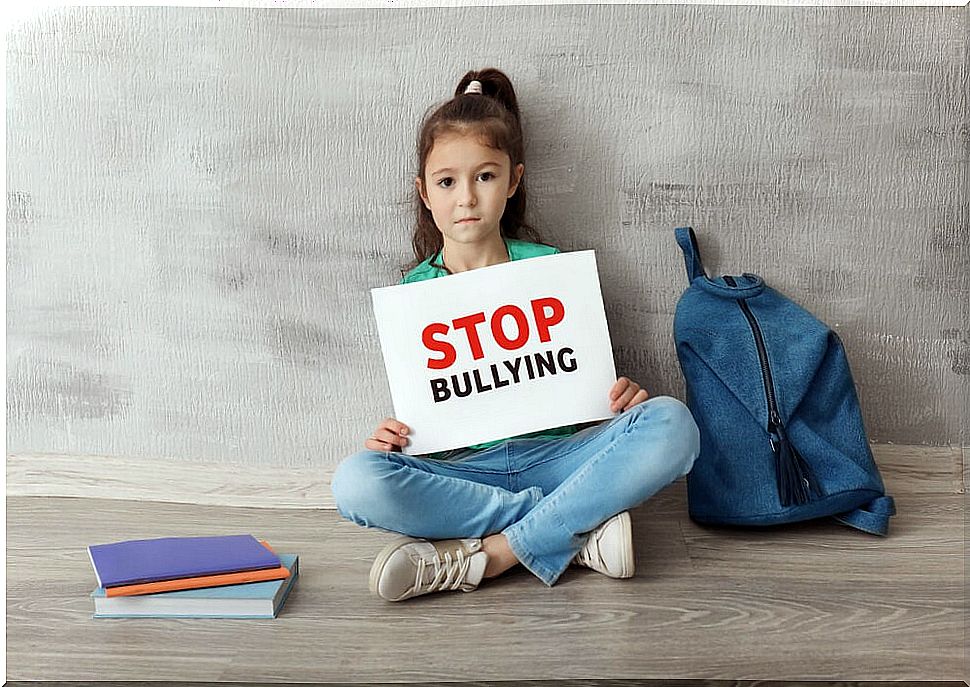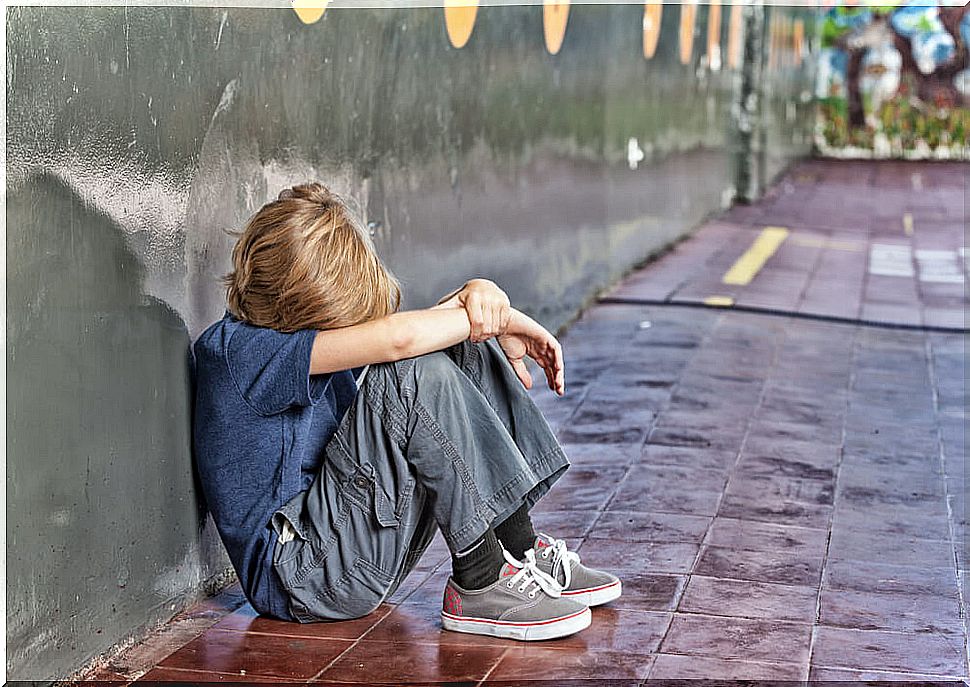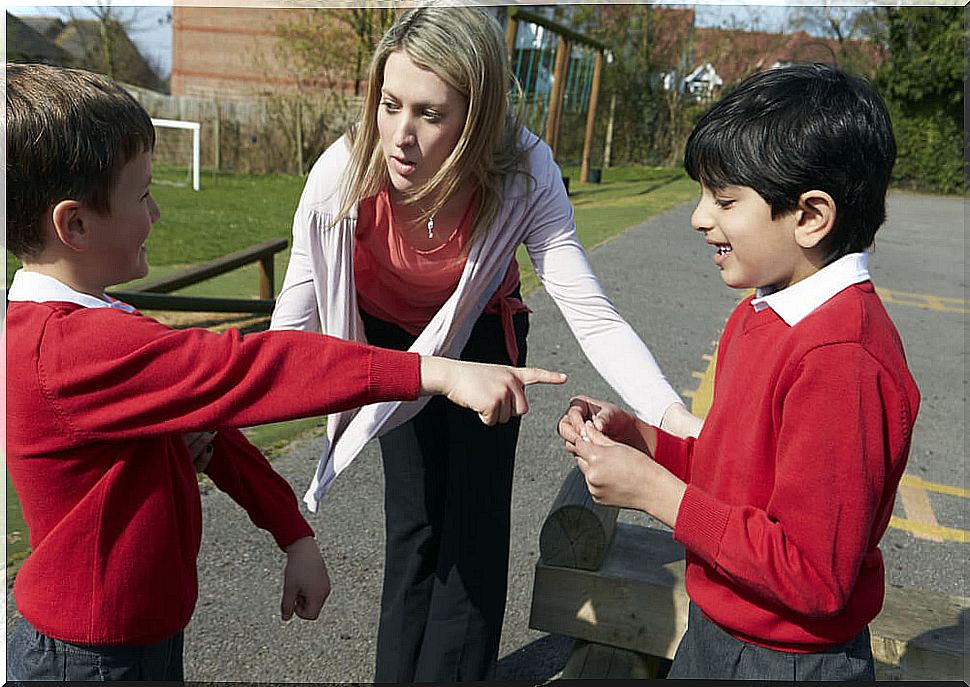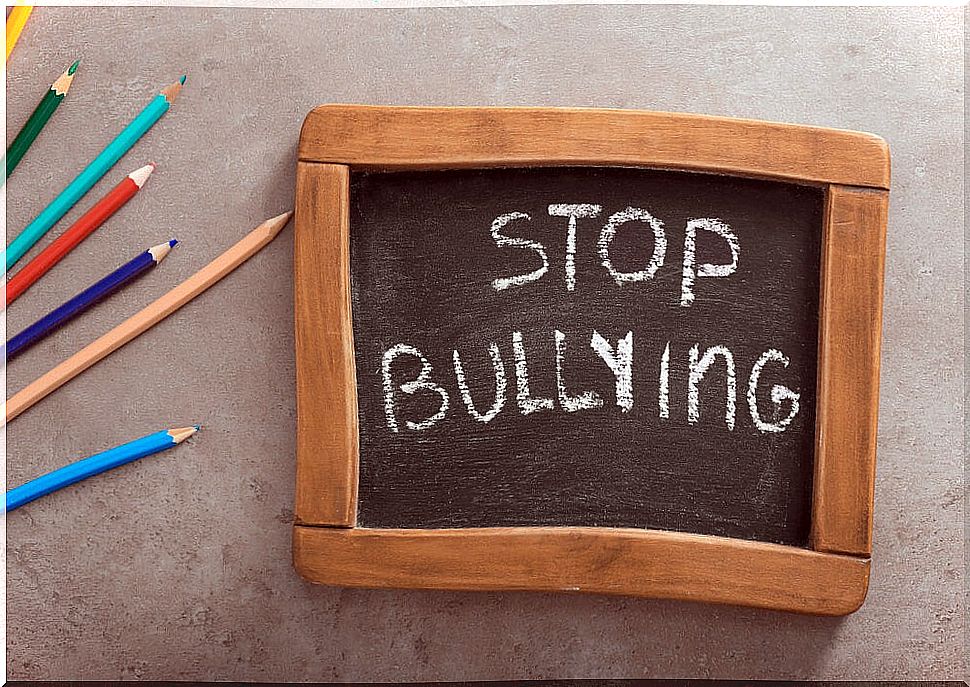Teachers In The Face Of Bullying Prevention

Currently, teachers have certain functions that a few years ago were not among their professional skills. One of them is the intervention of teachers in the prevention of bullying.
In the current school model, great importance is given to social education and the eradication of violent and antisocial behaviors. Thus, it is sought that children develop based on a correct civic profile.
Why is bullying a social problem?
Bullying is a great educational problem, but also a social one, since bullying situations affect the psychosocial development of children, which can be decisive in their lives as adults. Thus, a student who has been a victim of bullying is prone to develop emotional and psychological disorders in adulthood.
On the other hand, a stalker is likely to become a future abuser (with his partner, with his children, etc.) or a criminal.

Likewise, witnesses can become passive adults in the face of injustices, living in a position of indifference. And, they can even become desensitized to the suffering of other people. Therefore, it is important to prevent the appearance of bullying.
Teachers in the prevention of bullying
Thanks to prevention measures at school, bullying situations can be reduced. Therefore, the role of teachers in the prevention of bullying is important.
In this sense, one of the key factors that must be worked on to achieve this end is the quality of coexistence. Thus, it is vitally important that teachers carry out positive interpersonal management activities, which influences the creation of good relationships between students.
In addition, teachers must carry out activities that improve the quality of the educational bond between teachers and students through participatory and cooperative procedures. This can be worked with role-playing games, plays, guided discussions with role-playing, etc.
In this way, it encourages:
- The ability of empathy: learning to put oneself in the place of the other, understanding the damage they can cause and its consequences.
- Raising awareness about the problem of bullying : make children aware of the seriousness of bullying, trying to make them repudiate such actions and condemn them.
- The awareness and respect of the students towards the diversity of people.
- Knowledge of alternatives to violence to resolve existing conflicts, such as negotiation, mediation, etc.
On the other hand, teachers have to be in charge of identifying possible aggressors and possible victims through observation and conducting records of conduct.
Socio-emotional competencies in the prevention of bullying
In addition, for the prevention of bullying it is convenient to instill in the school a series of socio-emotional competencies, defined as:

These social and emotional competencies can be grouped into five categories:
- Emotional awareness.
- Emotional regulation.
- Personal autonomy.
- Interpersonal intelligence.
- Life and wellness skills.
All of them are essential to offer a complete education in the current educational system. Thus, according to Bisquerra and Pérez, they develop:
- Self-awareness and self-management skills:
- Identify and regulate one’s own emotions and behaviors.
- Recognize personal qualities and external supports.
- Demonstrate skills related to the achievement of personal and academic goals.
- Positive relationships through social awareness and interpersonal skills:
- Recognize the feelings and perspectives of other people, the similarities and differences between individuals and groups.
- Use communication skills and social skills.
- Demonstrate the ability to prevent, manage and resolve interpersonal conflicts constructively.
- Capacities to make decisions and be responsible:
- Consider ethical, safety and social factors in the decision-making process.
- Apply decision-making skills to deal responsibly with everyday academic and social situations.
- Contribute to the well-being of the school and the community.










